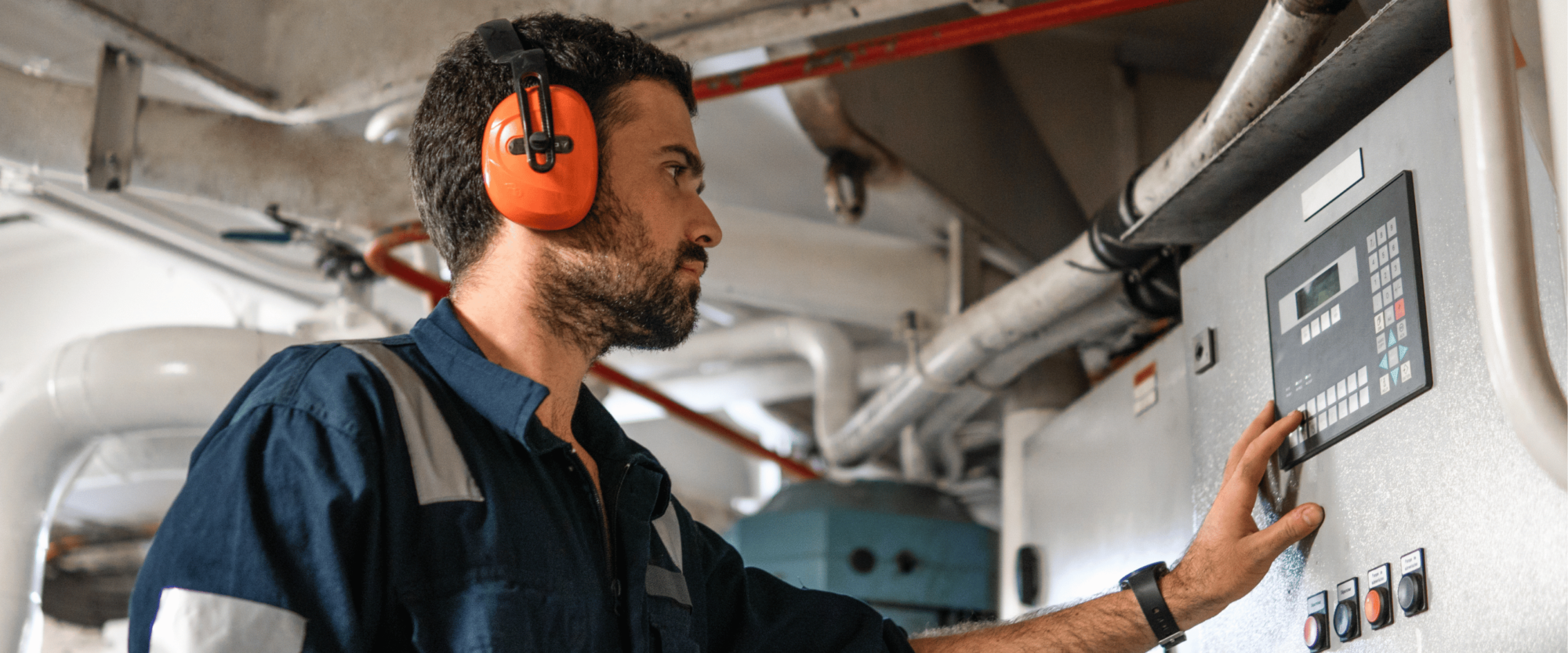Ridgebury crew members voluntarily enrolled in the trial showed consistently high engagement levels throughout, driven by strong collaboration between Signol, Ridgebury and BSM management teams, who enthusiastically supported the initiative.
Harriet Johnson, Head of Maritime at Signol, said: “The maritime industry is increasingly focusing on promoting operational efficiency to reduce its environmental impact, and Ridgebury’s fuel-saving demonstrates how ship owners and managers can harness the power of their crews and ensure each individual plays their part.
“We are delighted that the strong spirit of collaboration between Ridgebury, BSM and Signol produced such results, adding more weight to our conviction that ‘the human factor’ is key to immediately reducing ships’ emissions without the capital-intensive, longer-term solutions which will decarbonise the sector in the future.”
Ridgebury’s fuel-saving achievement builds on the success of Signol’s previous trial with Bernhard Schulte Shipmanagement last year which showed a similar fuel saving across 23 ships over four months, an analysis later validated by an academic peer review process.
Together, both results showcase the potential for individual seafarers to help move the dial on sustainability efforts and prove that behaviour change alone can lead to a material reduction in ships’ energy demand, CO2 emissions and operational costs.
These results are profound for the maritime industry, as the sector strives to go green in line with the International Maritime Organisation’s 2050 strategy.
Opportunities to improve fuel efficiency are particularly important as the EU Emissions Trading System extends to the maritime industry from January 2024. The scheme will use fuel consumption to calculate EU emissions allowances and the associated cost for ship owners.
